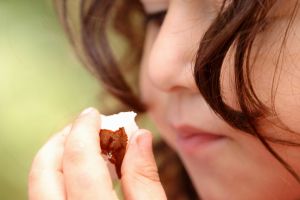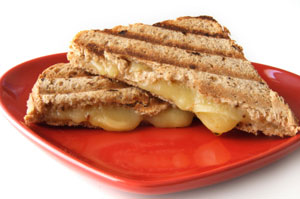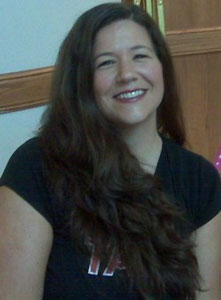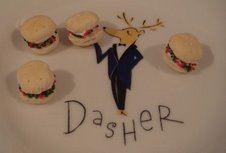With headlines like “Eat Away Autism,” heads are sure to turn and listen up. A diet called the Gut and Psychology Syndrome Diet (GAPS) has made these tall claims that it can heal digestive disorders and consequential issues like autism, depression, and even ADHD. Is this even possible or is this pure quackery just to get desperate parents to buy books?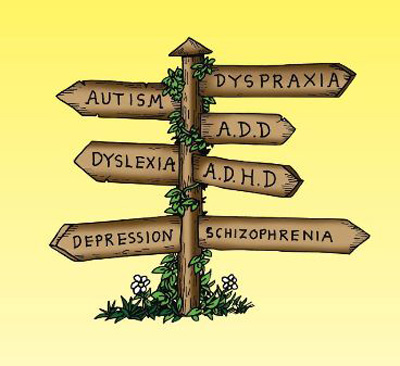
The creators of the GAPS diet, Sidney Haas, MD and Elaine Gottschall, MSc, would argue that the GAPS diet cured her son of autism. Again, huge claims about a diet. The diet is a derivative of what was called the Specific Carbohydrate Diet (SCD), which is broken into three main categories and intends to create healing for many ailments in the gut, which is claimed to lead to psychological healings, too.
The three main categories are diet, supplements, and detoxification.
The actual diet aspect of GAPS encourages fermented foods, natural fats, and fresh vegetables. Many of the most common foods include eggs, fresh meat, garlic, olive oil, nuts and seeds, fish, and shellfish. People on GAPS are told not to consume dairy.
The supplement aspect of GAPS recommends taking vitamin A, probiotics, omega-3s, digestive enzymes, along with many other minerals and vitamins.
And the final category, detoxification, is referred to as one of the most important as it’s believed to remove toxicity from the gut and allow for healing. Some of the suggested detox methods include juices, elderberry, making sure no chemicals, like cleaning products, are used in the house.
This is an abbreviated description of the GAPS diet. A thorough description can be read on their webpage GAPSDiet.com. However, this diet is supposed to work to heal and remedy serious medical and mental conditions. The GAPS site states that, “[Dr. Campbell-McBride] believes that the link between learning disabilities, the food and drink that we take, and the condition of our digestive system is absolute.” (more…)




